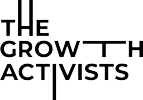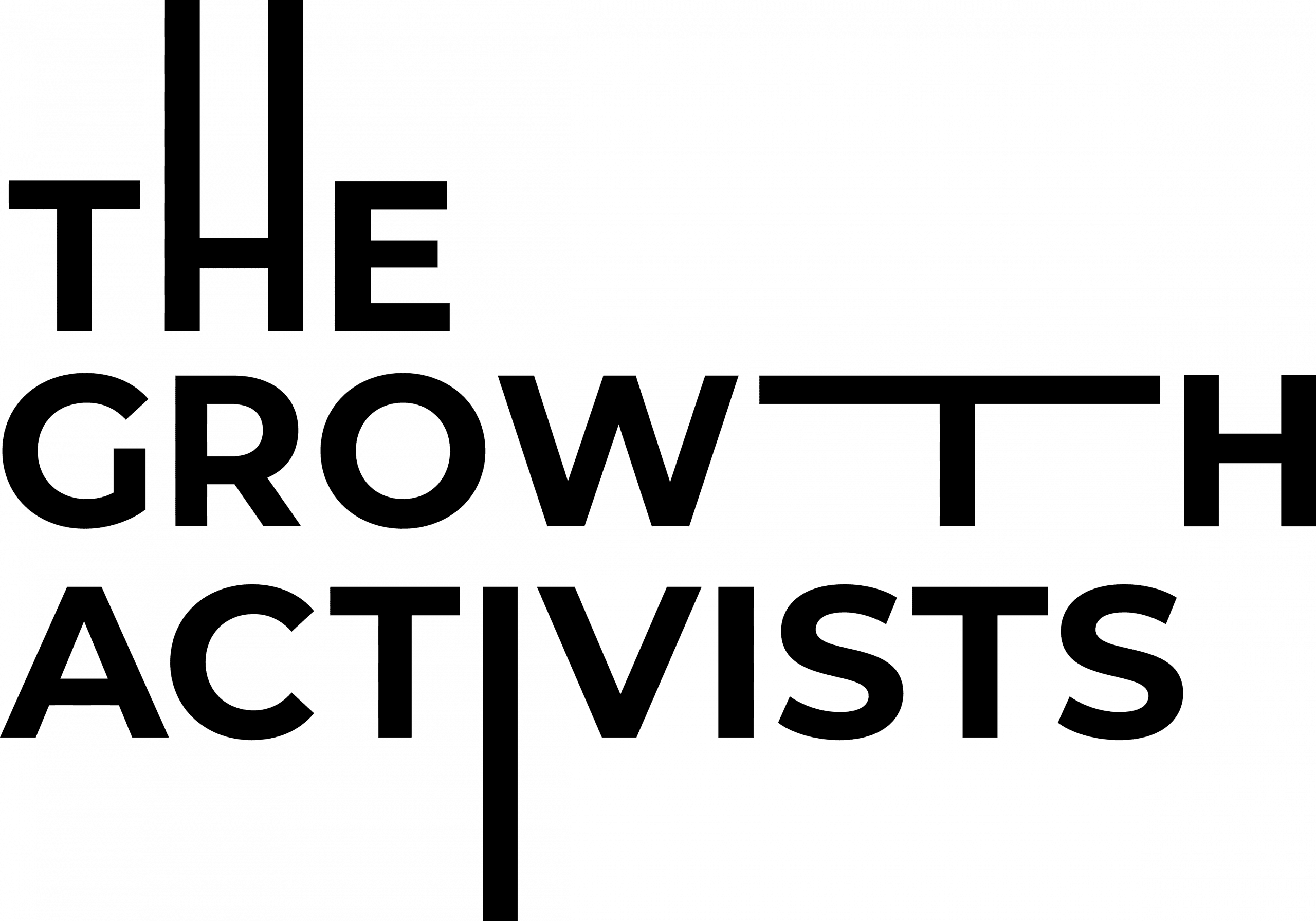
MANDATORY CLIMATE REPORTING
Get Ahead and Future-proof Your Business
Transform compliance cost into a strategic investment, ensuring transparency, trust, and sustainable business growth
Governments and regulatory bodies worldwide, including the International Sustainability Standards Board (ISSB) within the IFRS Foundation, are intensifying efforts to ensure businesses are transparent about their environmental impact, particularly greenhouse gas (GHG) emissions. This transparency provides stakeholders – investors, customers, regulators, and communities – with a clear understanding of a company’s contributions to climate change and the measures being taken to mitigate these effects.
As Australia prepares for similar regulations, business leaders must ask, “Are we ready?”. Our team of experts can help you and your board members navigate the compliance process and adapt to regulatory changes with precision, ensuring your organisation is both compliant and positioned for sustainable success.
DRIVE LONG-TERM VALUE AND RESILIENCE
Forward-thinking businesses recognise that by viewing mandatory reporting costs and efforts as a strategic investment, they can drive long-term value and resilience—a key expectation of climate transition—while also leveraging the following benefits:
![]() Access to capital at lower costs: Compliance with sustainability standards meets lender demands and provides access to products like sustainability-linked loans, catering to investors who increasingly seek sustainable investment opportunities.
Access to capital at lower costs: Compliance with sustainability standards meets lender demands and provides access to products like sustainability-linked loans, catering to investors who increasingly seek sustainable investment opportunities.
![]() Early adoption or best practice drives enhanced reputation: Improve market position and customer loyalty with a strong ESG performance that demonstrates a commitment to addressing climate change and mitigating its effects.
Early adoption or best practice drives enhanced reputation: Improve market position and customer loyalty with a strong ESG performance that demonstrates a commitment to addressing climate change and mitigating its effects.
![]() Attraction, engagement & retention of talent: Climate transition leaders attract and retain top talent, particularly younger workers who prioritise sustainability and seek purpose in their work.
Attraction, engagement & retention of talent: Climate transition leaders attract and retain top talent, particularly younger workers who prioritise sustainability and seek purpose in their work.
![]() Accelerated innovation for new market opportunities: Sustainability drives innovation by encouraging and sometimes forcing the development of more sustainable products and services, opening new markets and customer segments.
Accelerated innovation for new market opportunities: Sustainability drives innovation by encouraging and sometimes forcing the development of more sustainable products and services, opening new markets and customer segments.
OUR APPROACH
Our approach to Mandatory Climate Reporting focuses on actions that add value regardless of regulatory changes. It’s important to note that every organisation’s timeline will vary based on its stage of preparedness and financial reporting period, whether it’s the classic July to June fiscal year or another variation. Reporting periods must align since mandatory climate reporting must integrate with financial reporting. Here are the three key stages:
STAGE 1: AUDIT & PLAN
![]() Readiness assessment and gap identification: Conduct a comprehensive assessment to identify gaps.
Readiness assessment and gap identification: Conduct a comprehensive assessment to identify gaps.
![]() Early stakeholder engagement: Engage stakeholders early and provide education across relevant levels of your business and with key external stakeholders like suppliers.
Early stakeholder engagement: Engage stakeholders early and provide education across relevant levels of your business and with key external stakeholders like suppliers.
![]() Double materiality assessment: Understand the expectations of your stakeholders, identify non-financial risks, and prioritise them.
Double materiality assessment: Understand the expectations of your stakeholders, identify non-financial risks, and prioritise them.
![]() Governance and planning: Strengthen governance and plan the necessary resources, systems, and processes for the next phase.
Governance and planning: Strengthen governance and plan the necessary resources, systems, and processes for the next phase.
STAGE 2: IMPLEMENT & EMBED
![]() Data collection and systems: Establish robust data collection processes and systems.
Data collection and systems: Establish robust data collection processes and systems.
![]() Scopes 1, 2, and 3 inventory and verification: Complete your inventory and verification for Scopes 1, 2, and 3 emissions.
Scopes 1, 2, and 3 inventory and verification: Complete your inventory and verification for Scopes 1, 2, and 3 emissions.
![]() Scenario analysis and resilience assessment: Conduct scenario analyses and resilience assessments.
Scenario analysis and resilience assessment: Conduct scenario analyses and resilience assessments.
STAGE 3: OPTIMISE IMPACT
![]() Reporting and assurance: Compile your reporting and ensure both internal and external review and assurance.
Reporting and assurance: Compile your reporting and ensure both internal and external review and assurance.
![]() Stakeholder engagement: Re-engage all stakeholders to conclude the conversations started in Stage 1 and demonstrate the value created through your efforts.
Stakeholder engagement: Re-engage all stakeholders to conclude the conversations started in Stage 1 and demonstrate the value created through your efforts.
WHY US?
Partnering with Growth Activists empowers your organisation to drive early cross-functional ownership of climate transition practices and reporting. We ensure compliance and strategic alignment, maximising the value of your investments while benefiting both the planet and its people.



